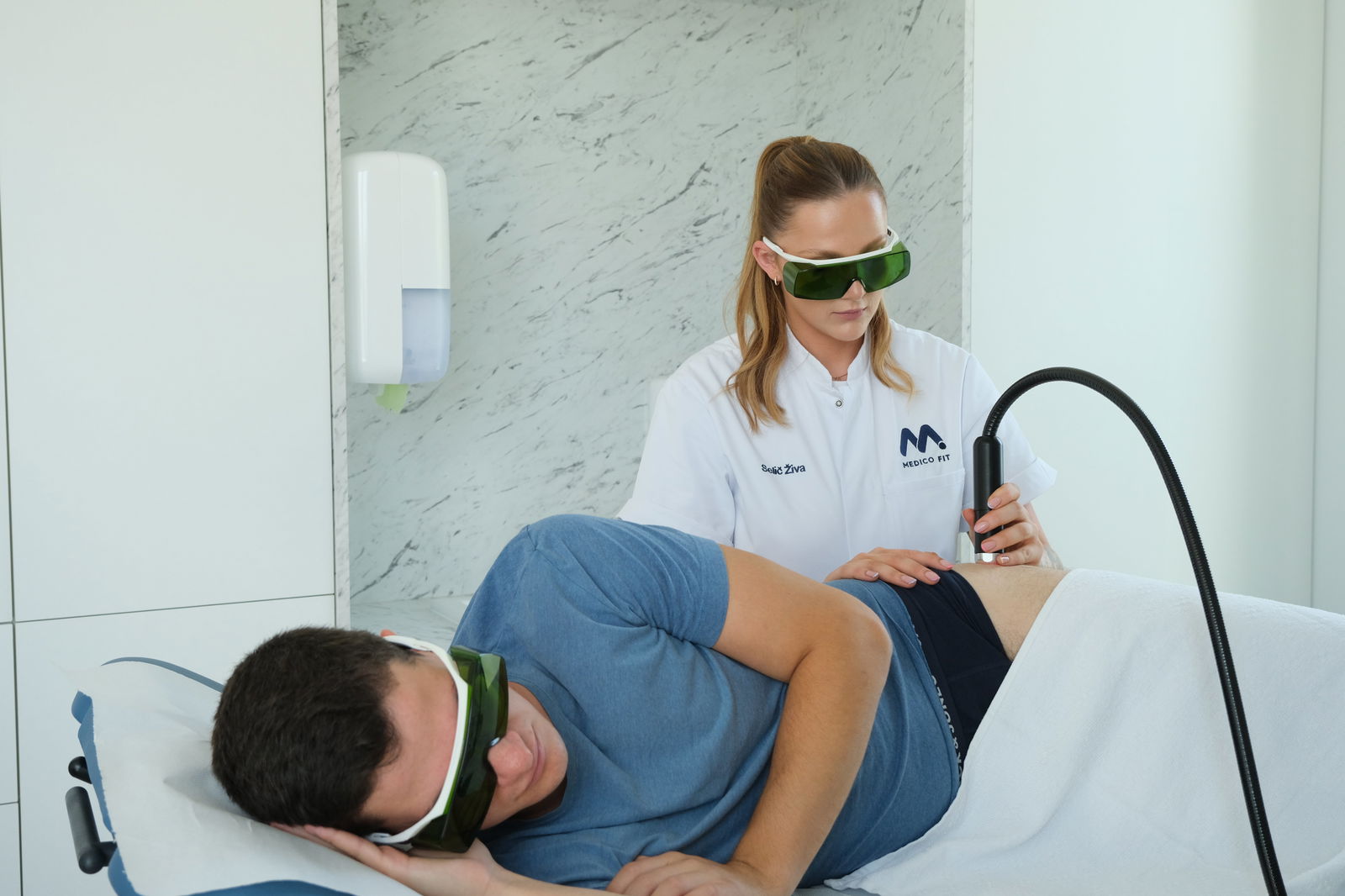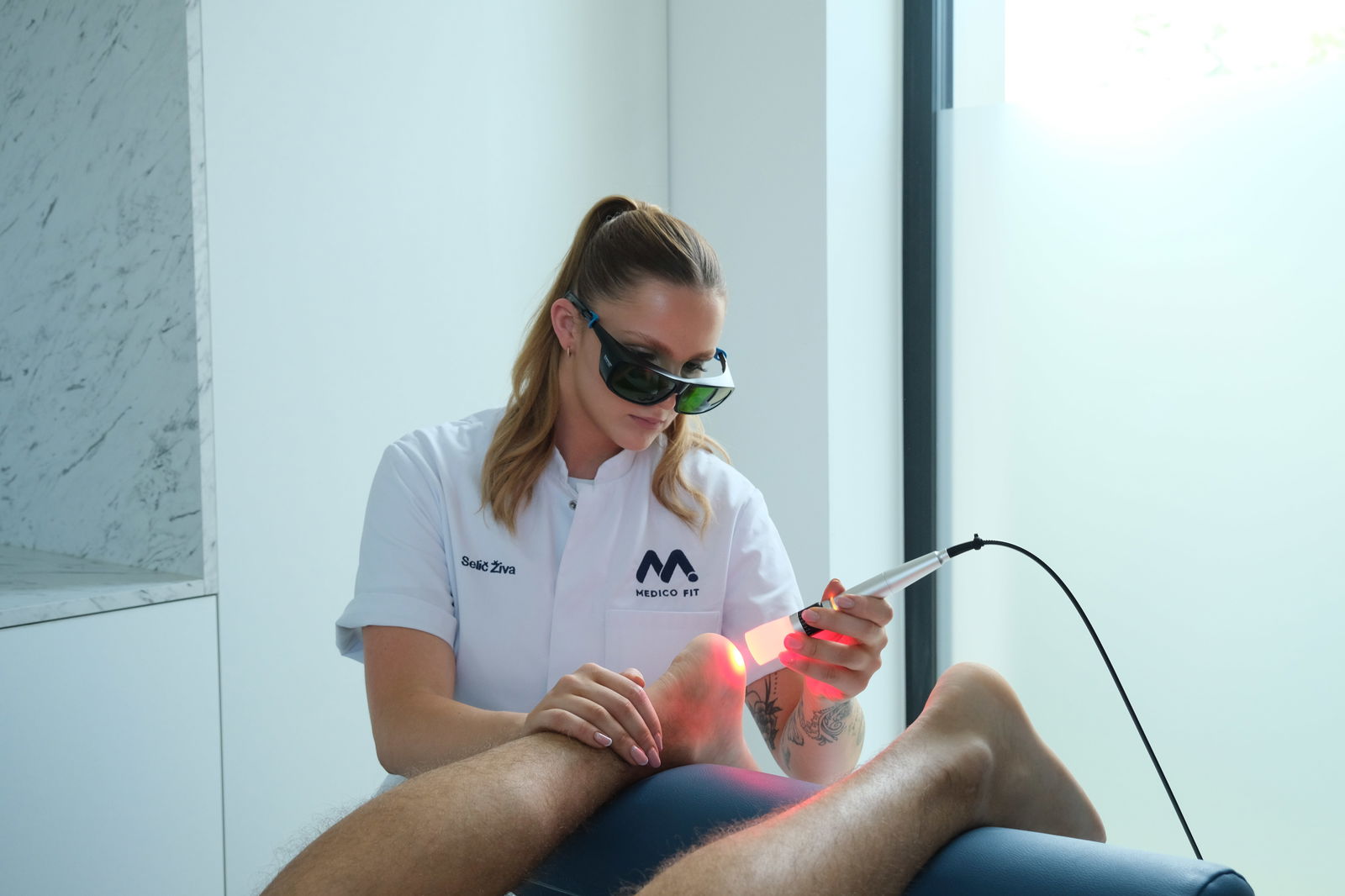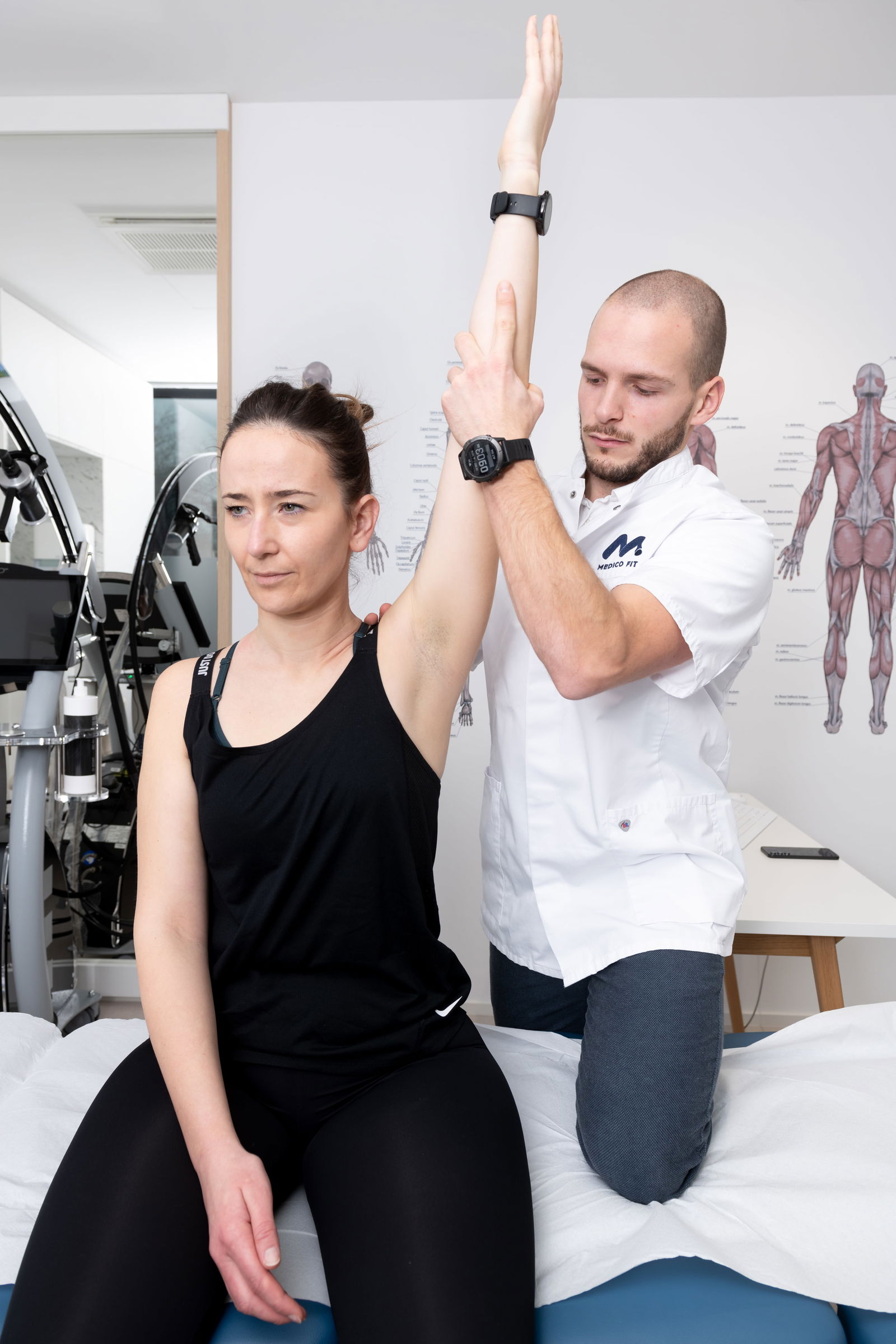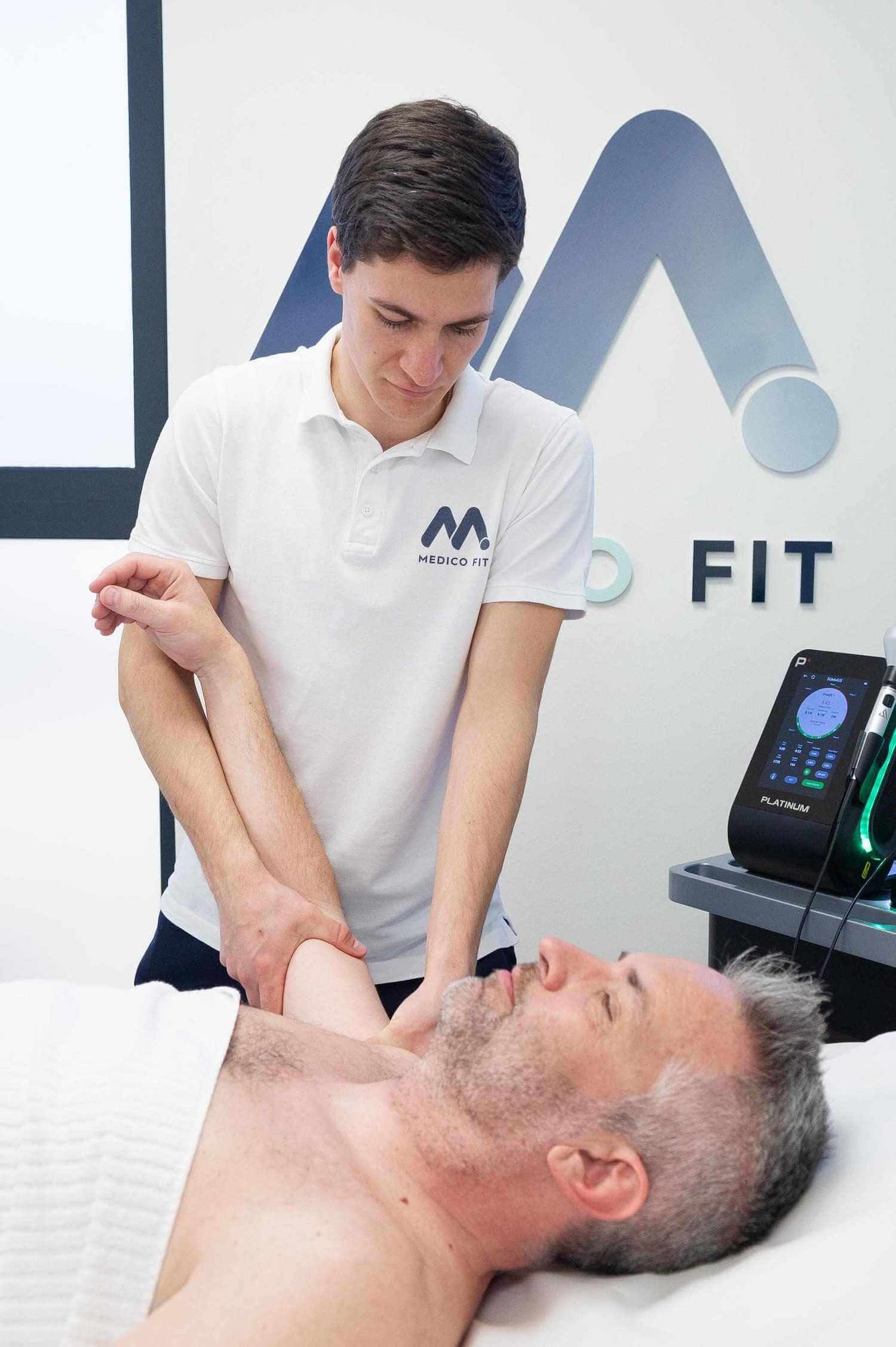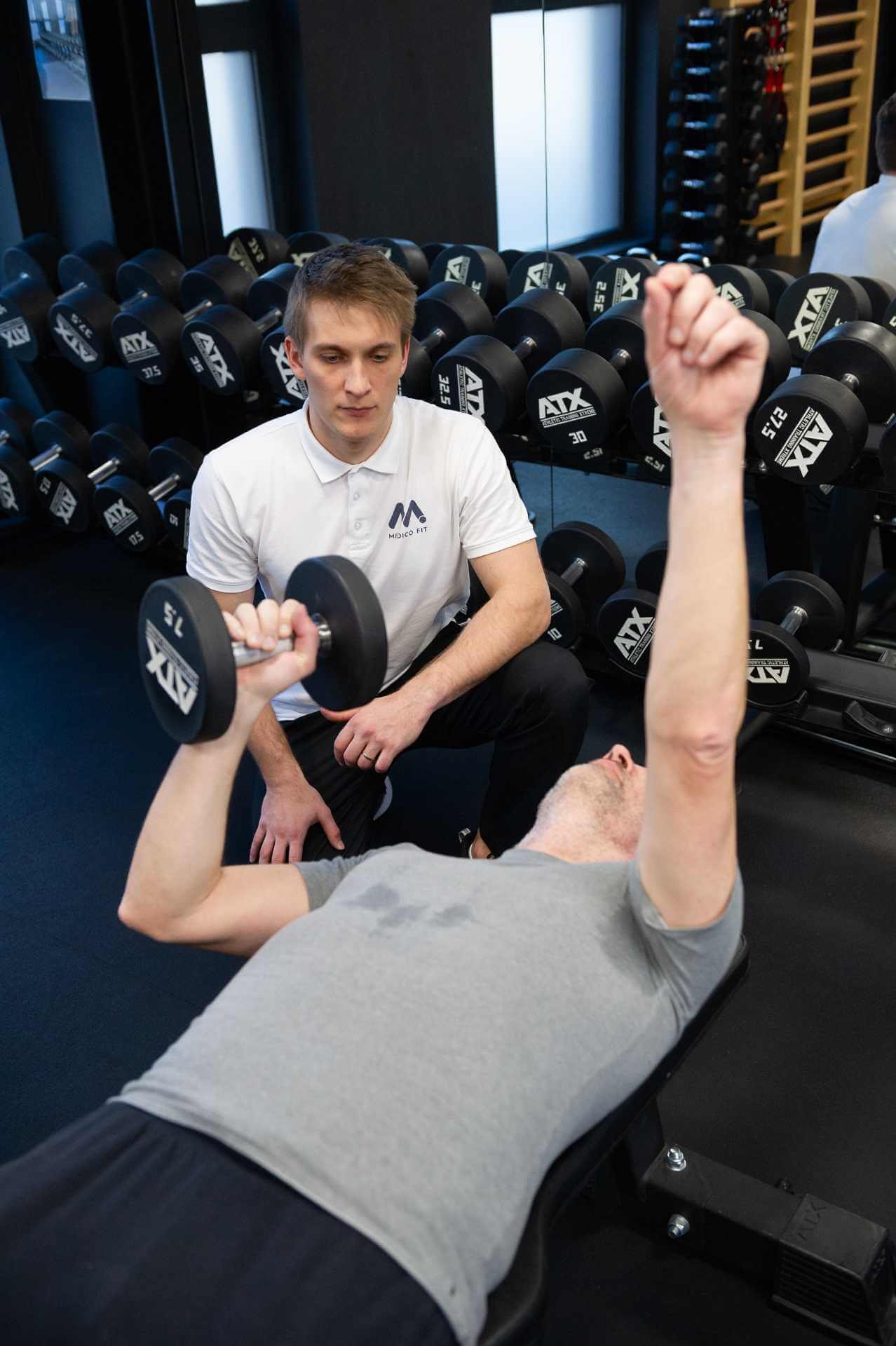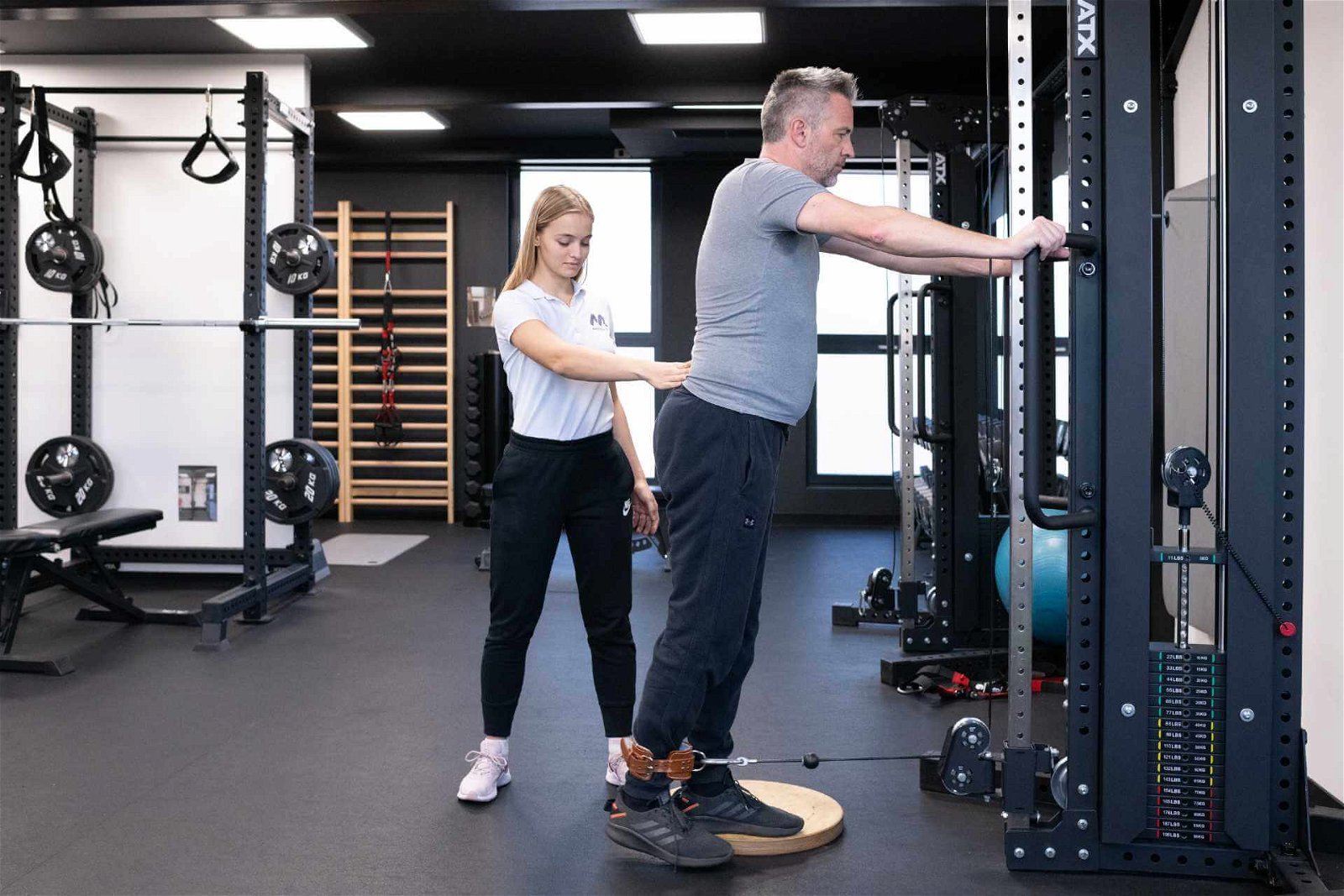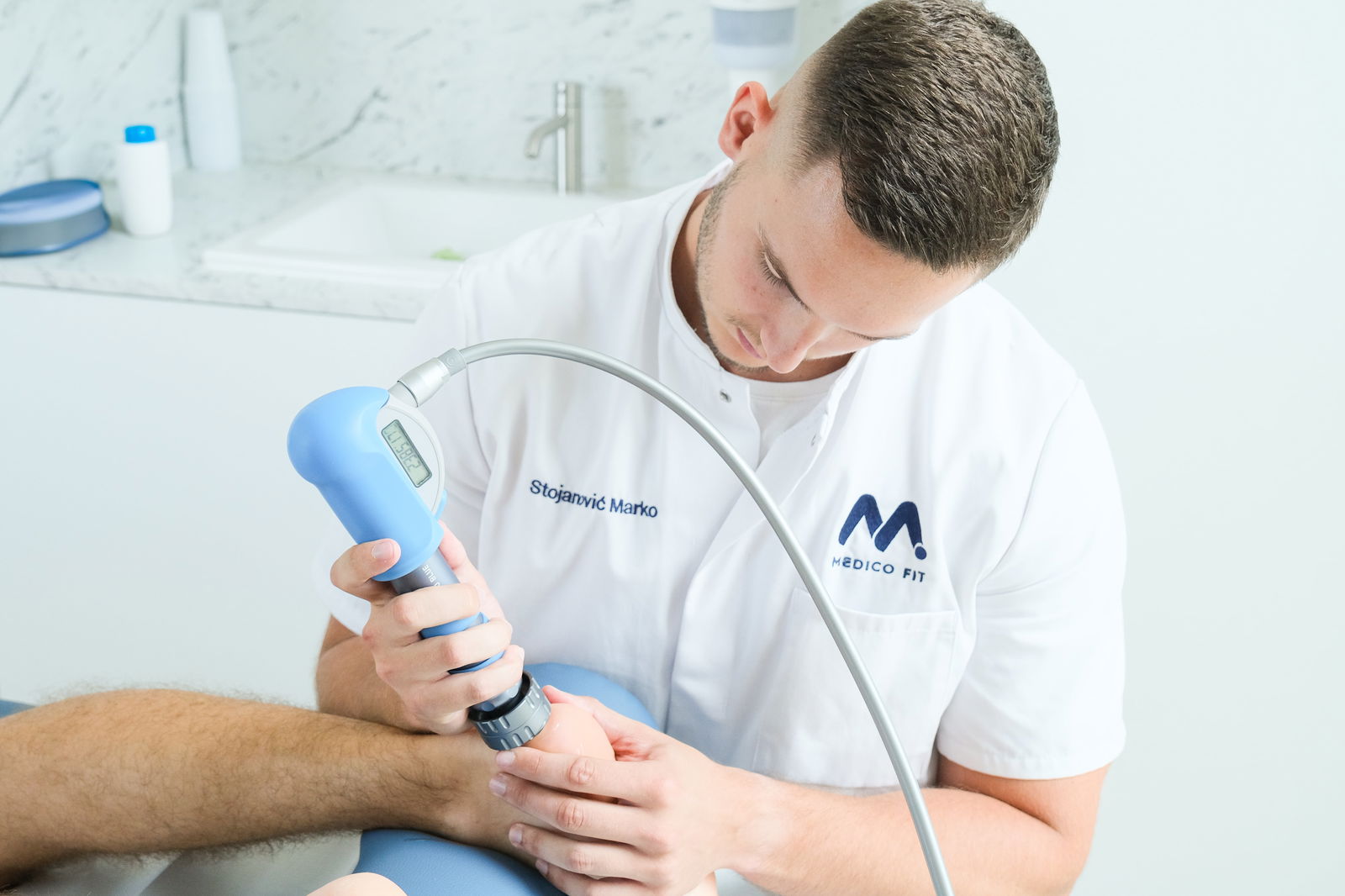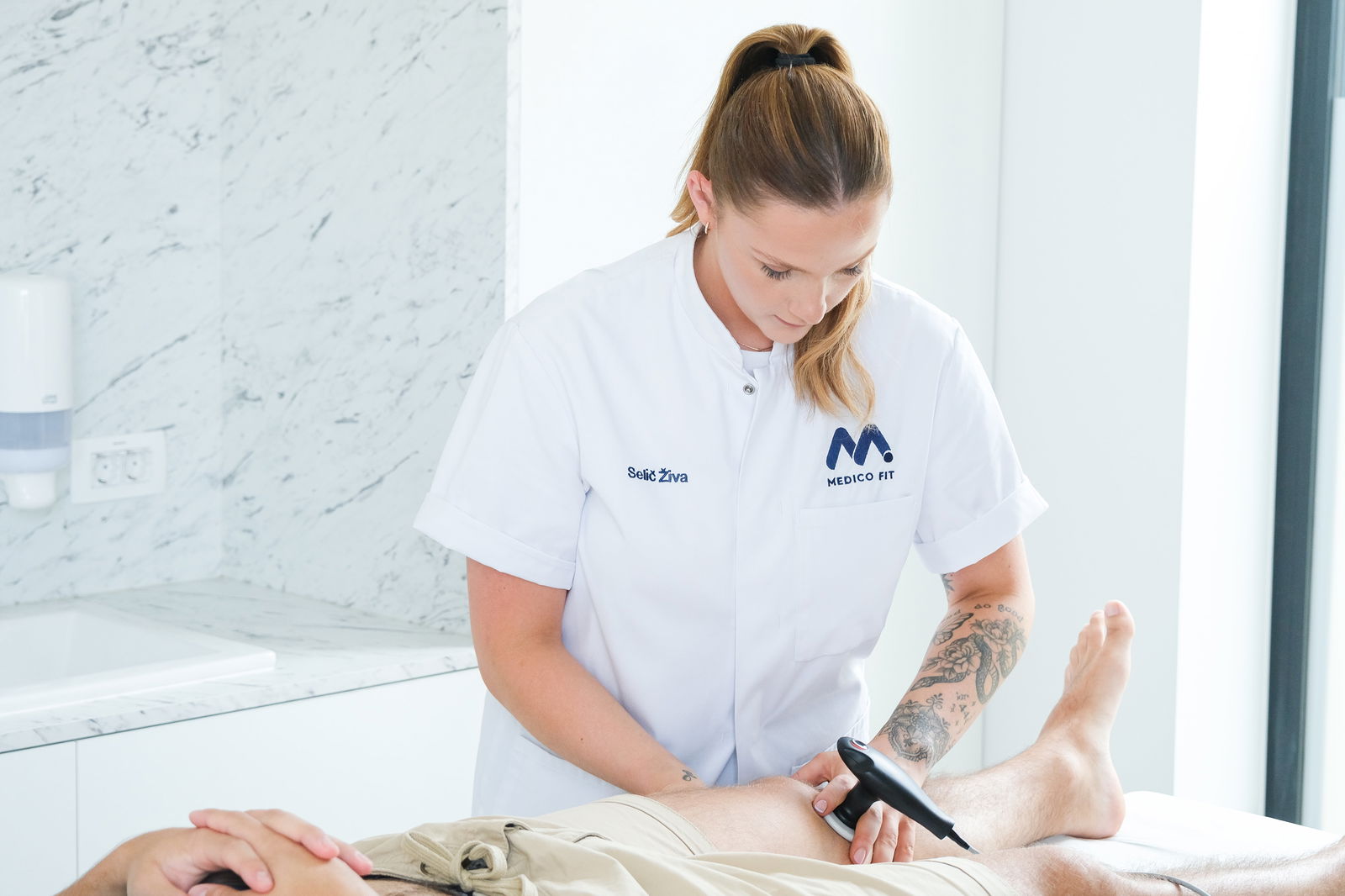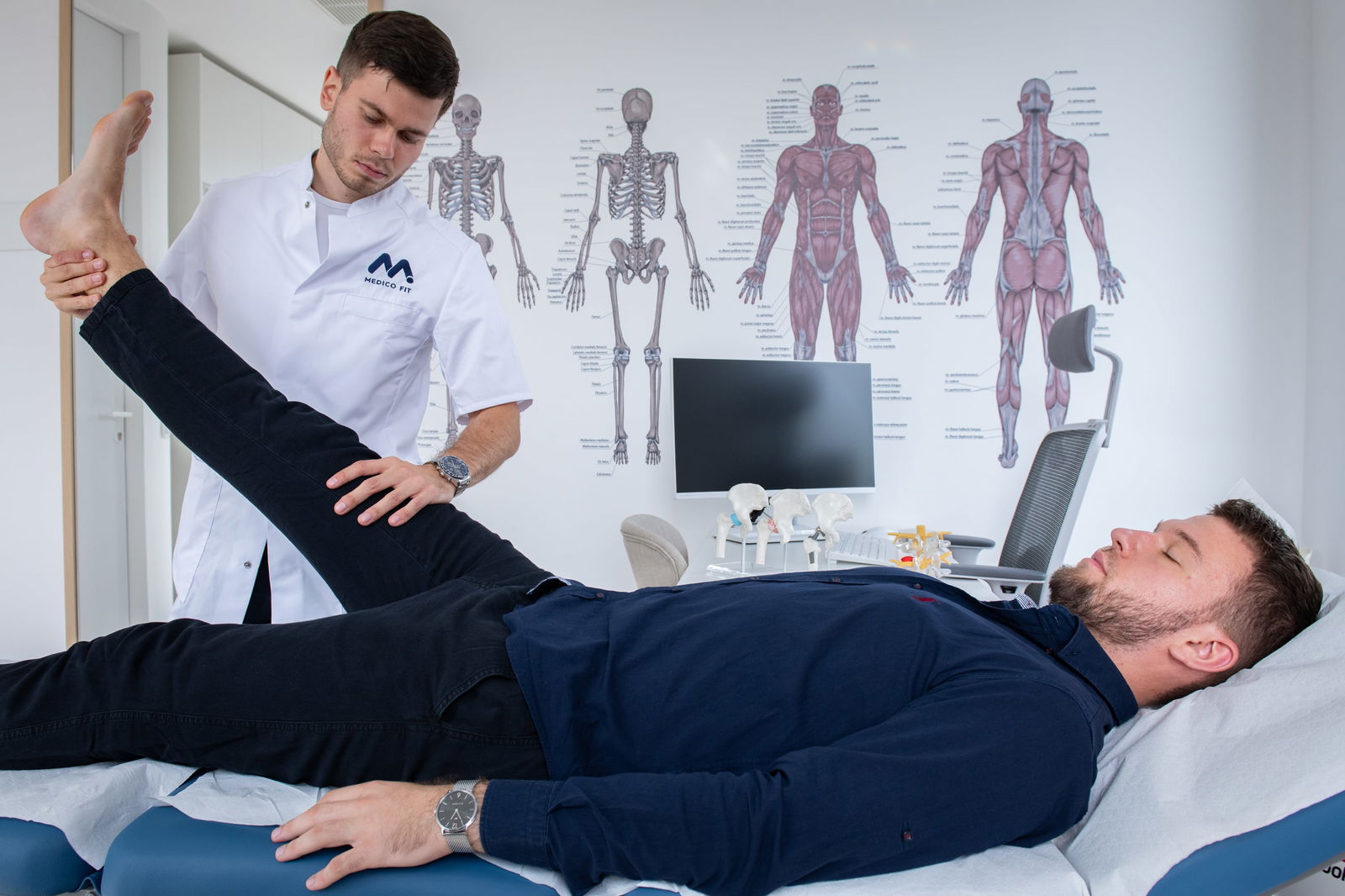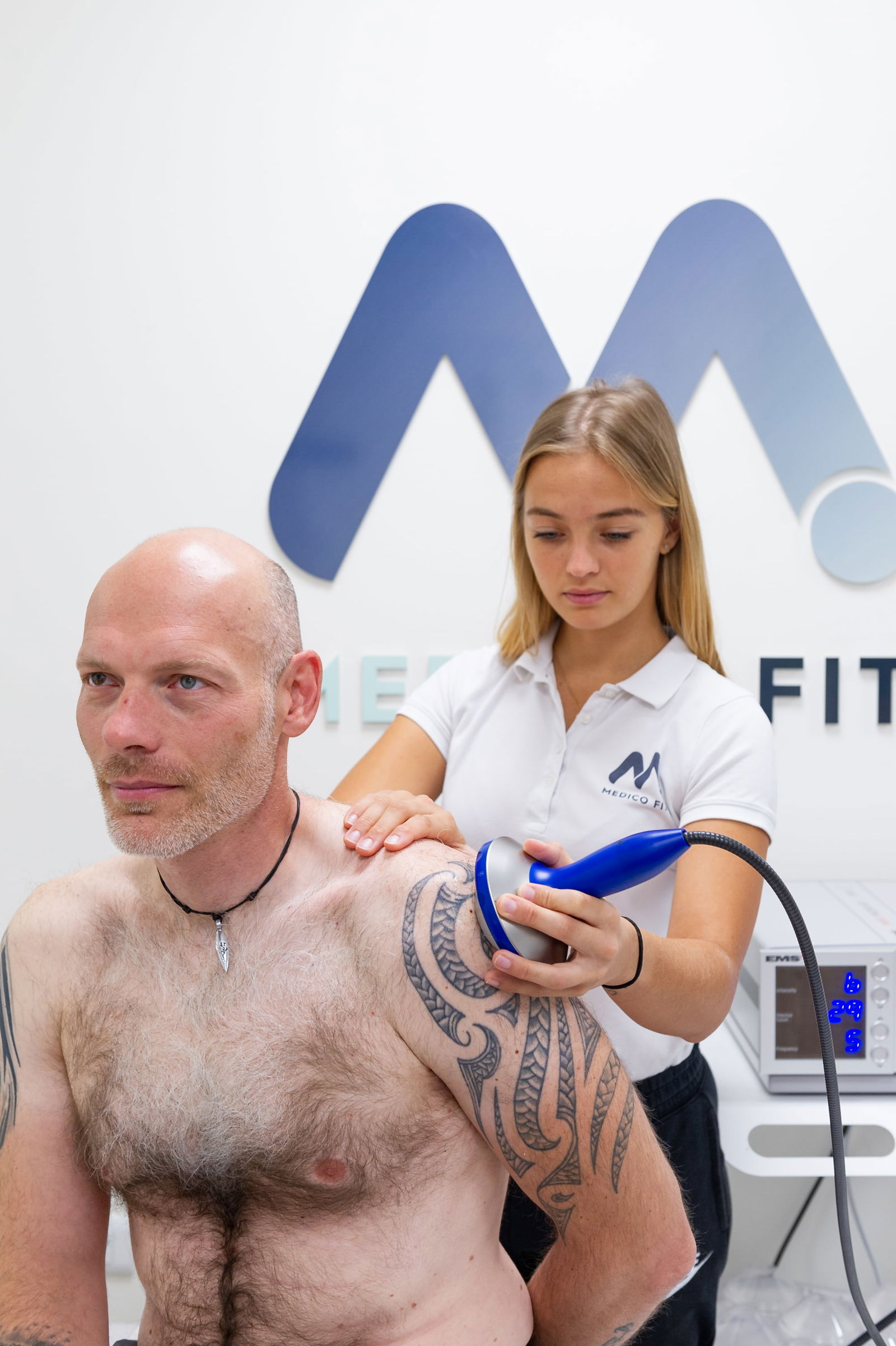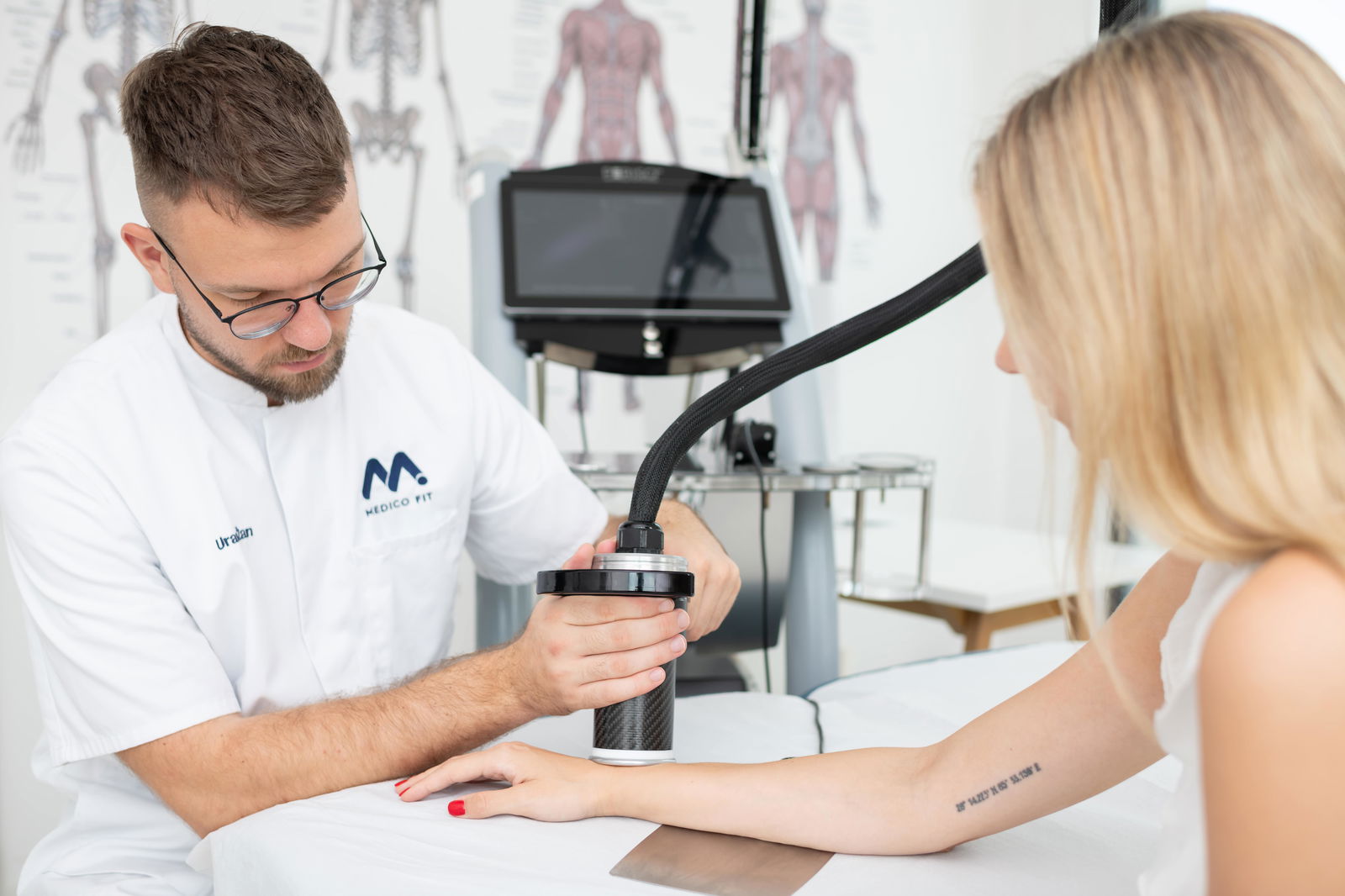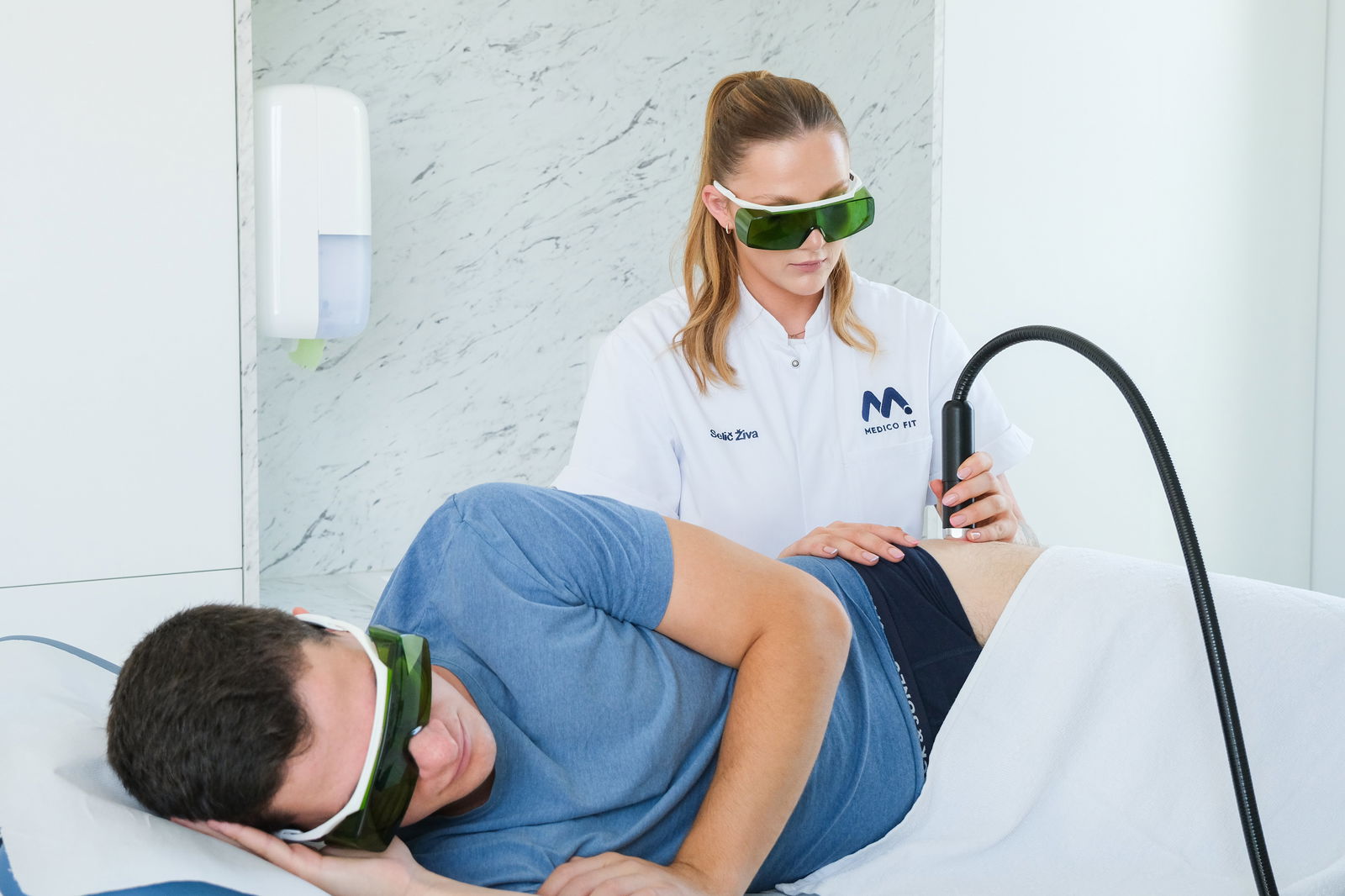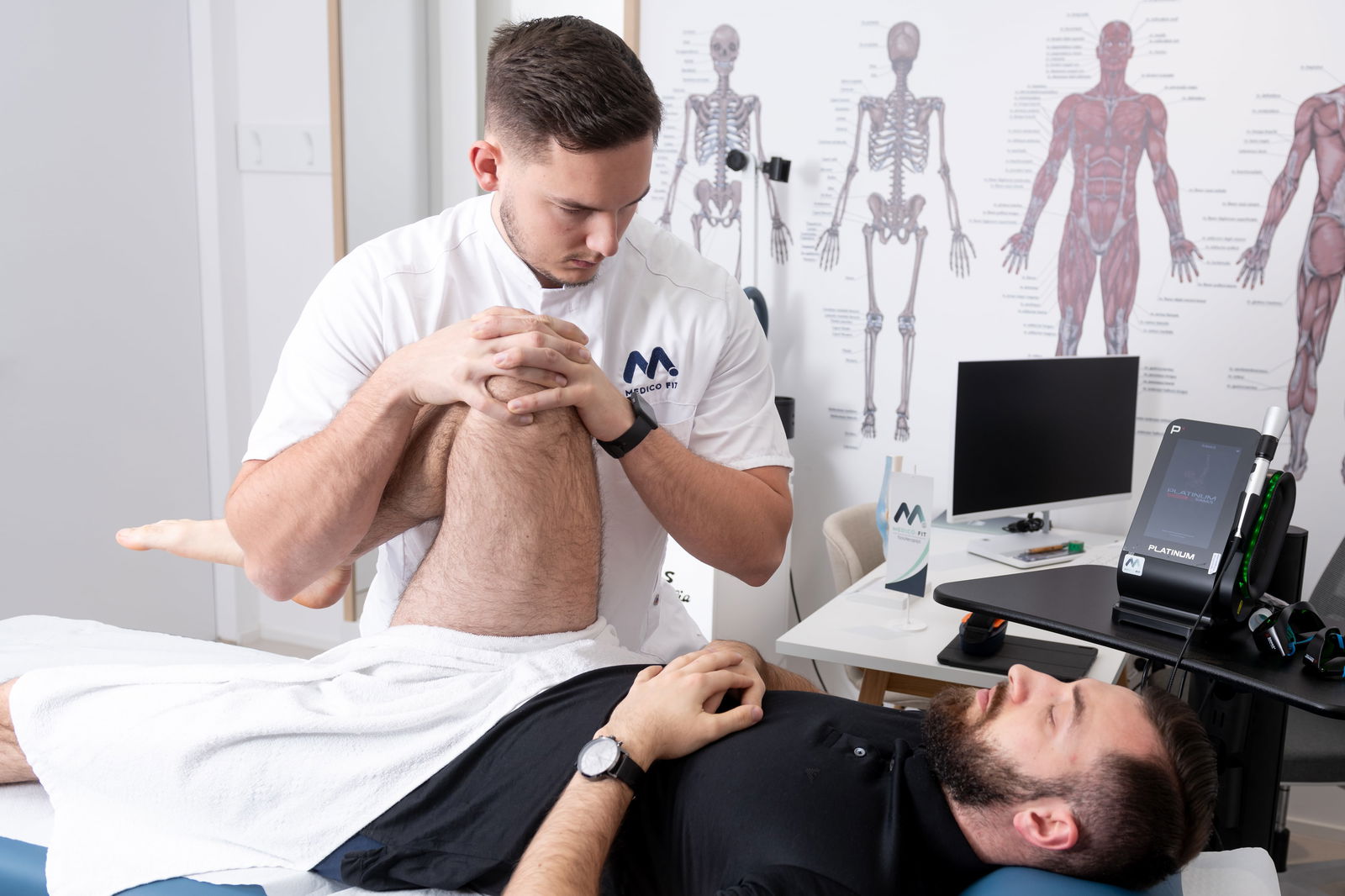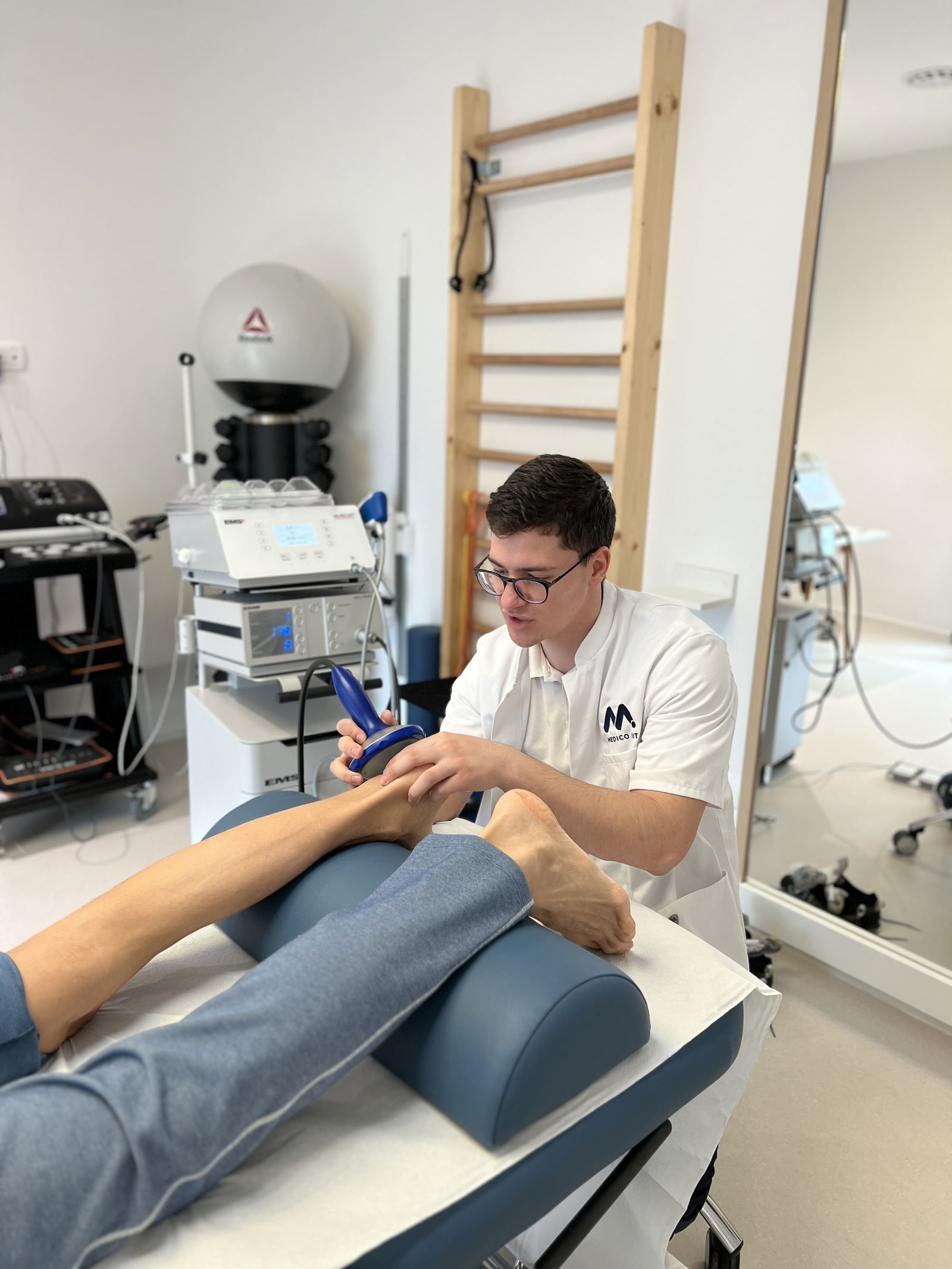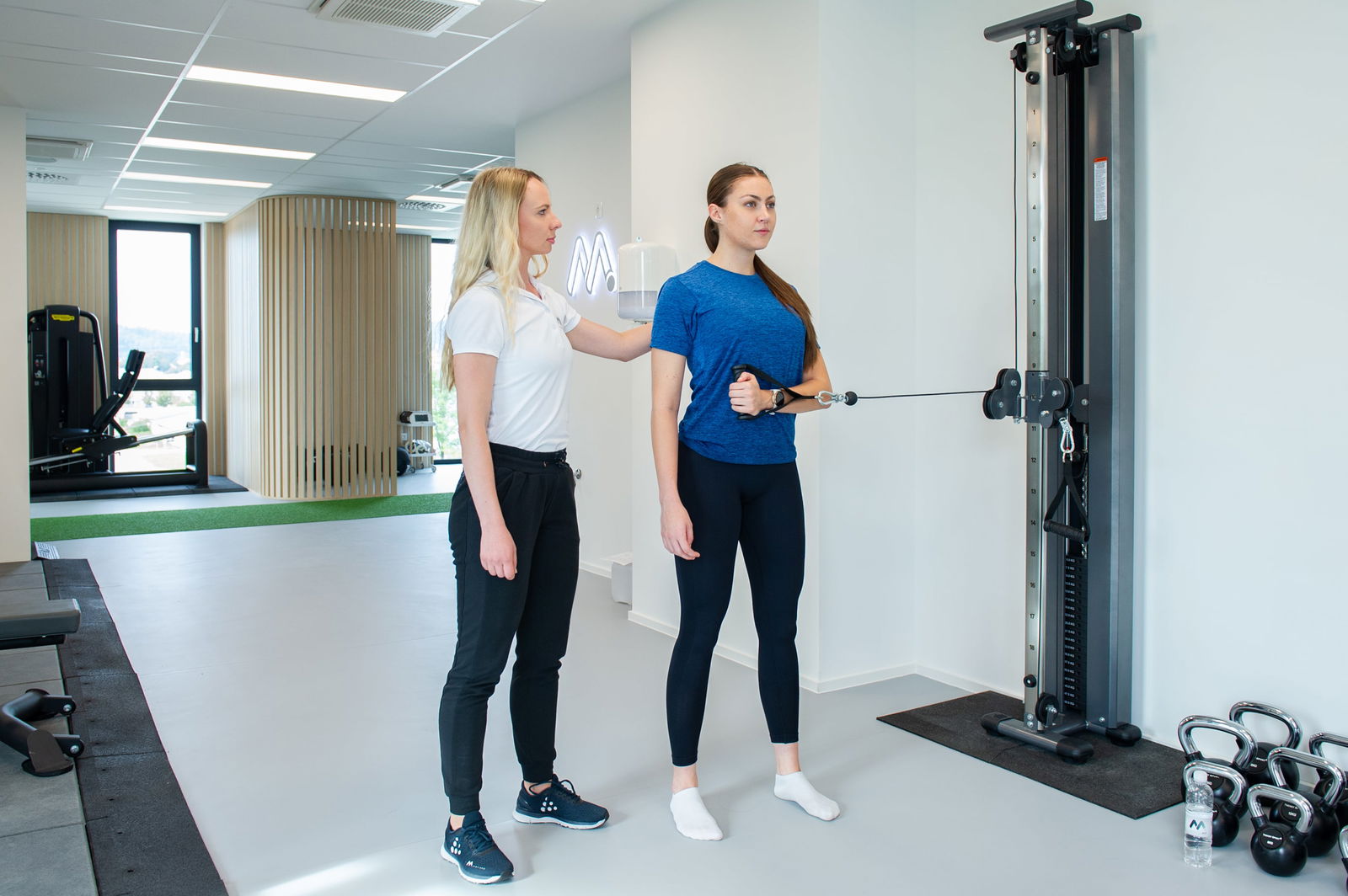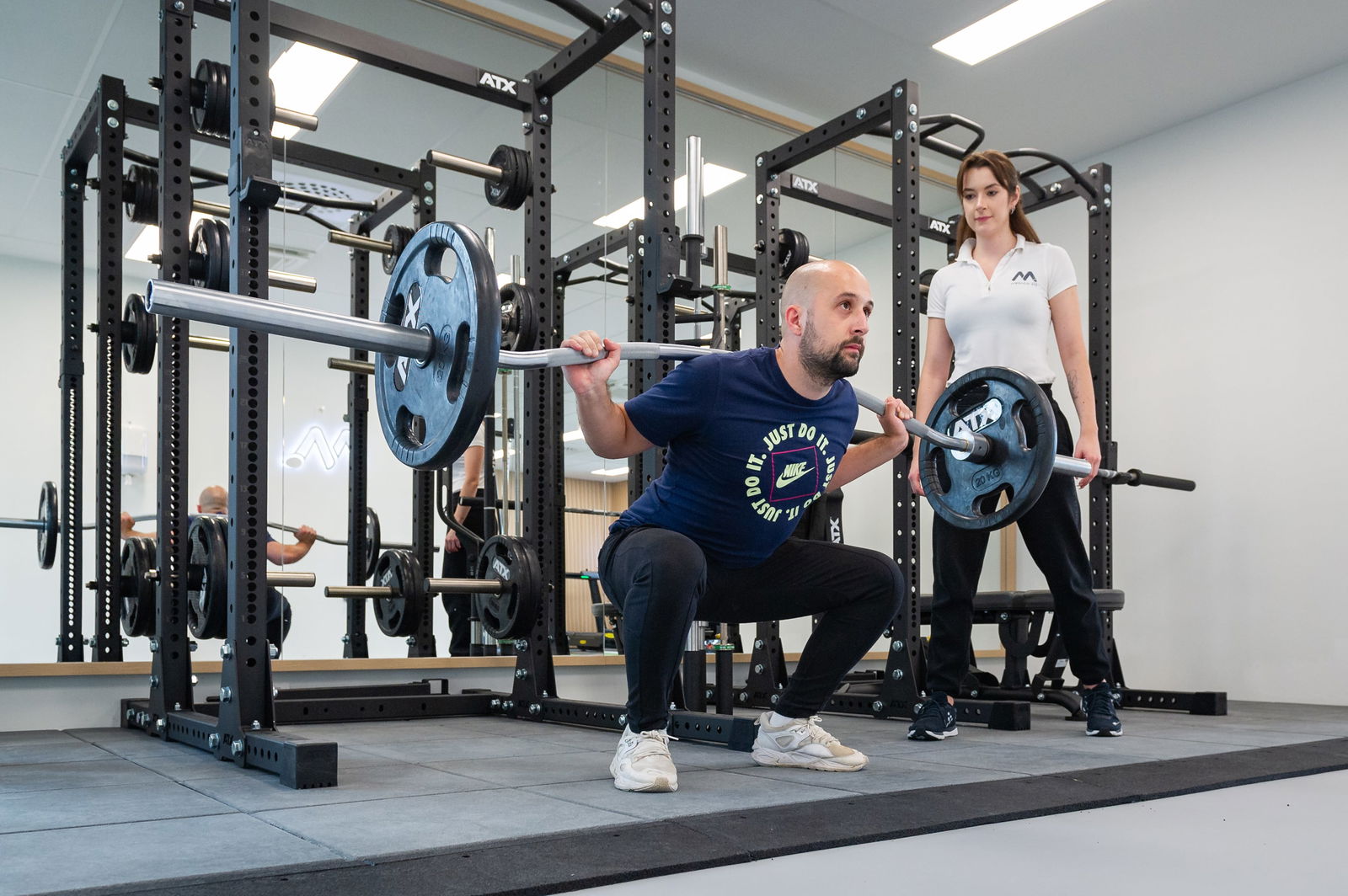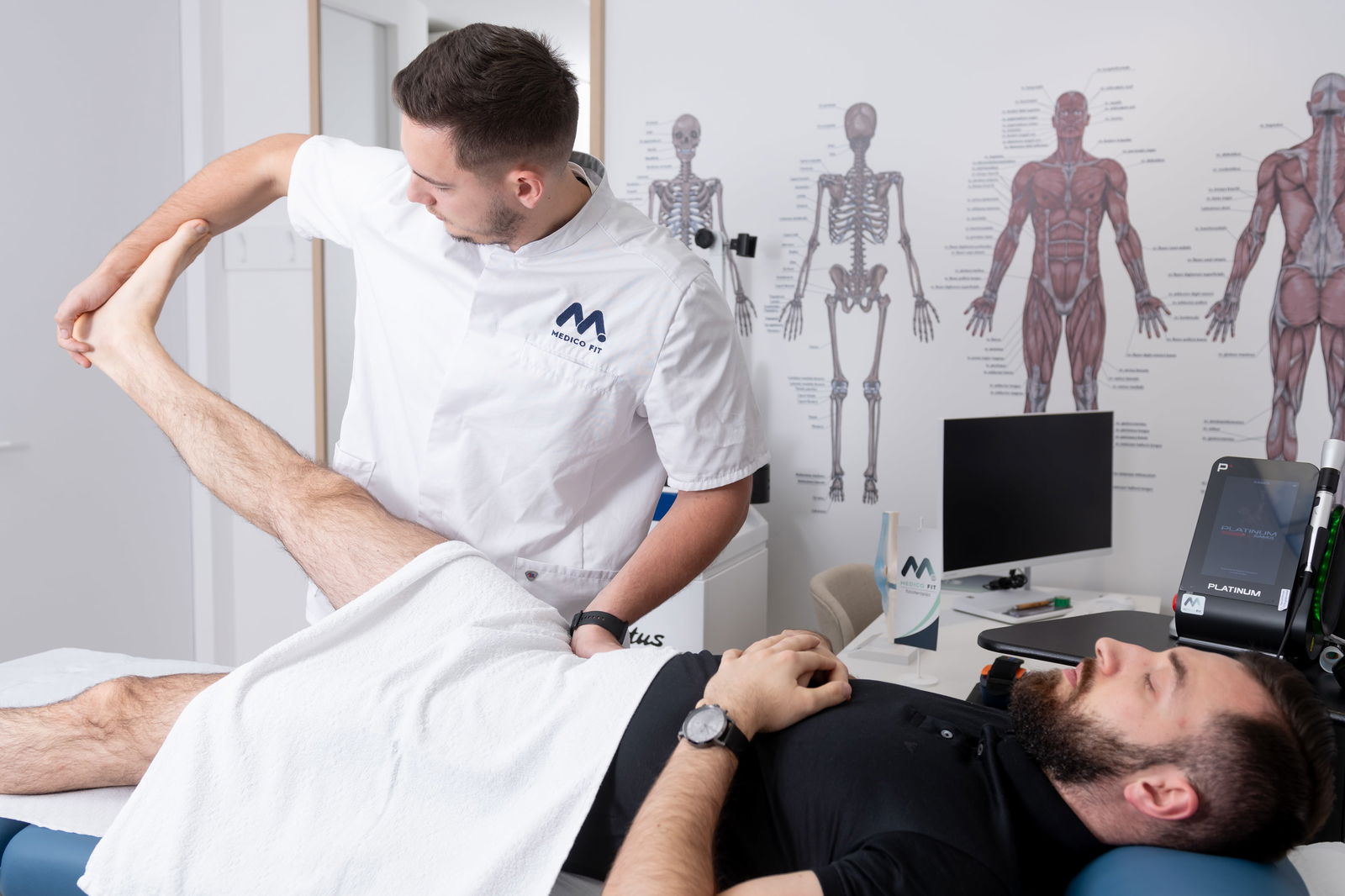Frequent mistakes in rehabilitation

At MEDICOFIT clinic, we notice that many patients do not receive proper physiotherapy treatment after an injury or disease, and an increasing number of patients come to us with severely advanced conditions and a high level of complex complications due to long waiting times and general routine physiotherapy. Some of the common mistakes are:
Delayed rehabilitation
One of the key mistakes is the lack of transparency of medical staff, who are obliged to inform patients with indications for immediate physiotherapy that they cannot provide and remind them that they are forced to seek solutions independently.
This group includes all patients who have undergone orthopaedic surgery, as modern clinical studies show a progressive increase in the risk of permanent complications for each day of delayed physiotherapy after three days of surgery. For the success of the surgery, patients are advised to immediately start early acute physiotherapy, which largely depends on the technology used for rehabilitation, as performing exercises in the early postoperative phase is not possible. This means that public institutions and concession physiotherapy practices cannot provide patients with adequate physiotherapy after surgery.
General physiotherapy
The majority of public and private physiotherapy practices in Slovenia still treats patients’ problems solely based on their area of the body with routine physiotherapy.
Modern science allows us to clearly specialise physiotherapy protocols for each diagnosed pathology of the patient; if only general physiotherapy is performed, the patient has extremely little chance of effective treatment, and the long-term risks are not eliminated with such treatment. We do not recommend this treatment to patients, as it is the main reason why physiotherapy often does not work for patients. Without specialisation of all therapeutic procedures, we cannot talk about physiotherapy.
Inappropriate rehabilitation plan
Mistakes are often observed in the number of prescribed therapy sessions and rehabilitation regimen. For certain conditions, a solution cannot be guaranteed after eight treatment sessions. Many diseases are chronic and incurable, and many degenerative conditions with the same diagnosis vary greatly between patients in terms of clinical picture.
Setting physiotherapy goals and defining a rehabilitation regimen and comprehensive treatment plan is a demanding process that requires a trained physiotherapy specialist and an extremely good knowledge of diagnostic methods.
In most cases, patients undergo physiotherapy treatment without a treatment plan, by determining procedures on the fly or “off-the-cuff”, key goals are not set or divided according to the phases, and the estimated time of the patient’s treatment is determined on the fly according to the perception of pain.
Patients are often advised not to undergo physiotherapy without a clear therapeutic procedure plan and expertly supported facts for the implementation of therapeutic techniques.
Passive rehabilitation
A common mistake observed is the so-called passive treatment of patients, which involves limited manual medicine, osteopathy, or chiropractic methods. This is pseudoscience that uses only passive manipulations without serious kinesiotherapy measures that restore patients’ resilience, strength, and load-bearing capacity. Without specially prescribed kinesiotherapy and an active approach to rehabilitation, it is not possible to provide the patient with comprehensive treatment of the injury and the permanence of treatment.
The problem can also be the aforementioned general physiotherapy, which treats the patient only on an outpatient basis, and prescribes exercises to be performed at home,
Lack of expertise and measurability
Modern physiotherapy is an exact science based on measurability and clinical diagnostic procedures of physiotherapy and kinesiology. Without measurability, it is impossible to talk about expert treatment or safe physiotherapy.
Subjective therapy methods are still a widespread phenomenon in physiotherapy, posing a risk primarily for clearly diagnosed orthopaedic problems that require the use of advanced technology and precise process of rehabilitation and condition monitoring. Patients often become victims of their own wrong decisions when they choose cheaper services and treatment in unauthorised centres without a proper medical licence and equipment.
